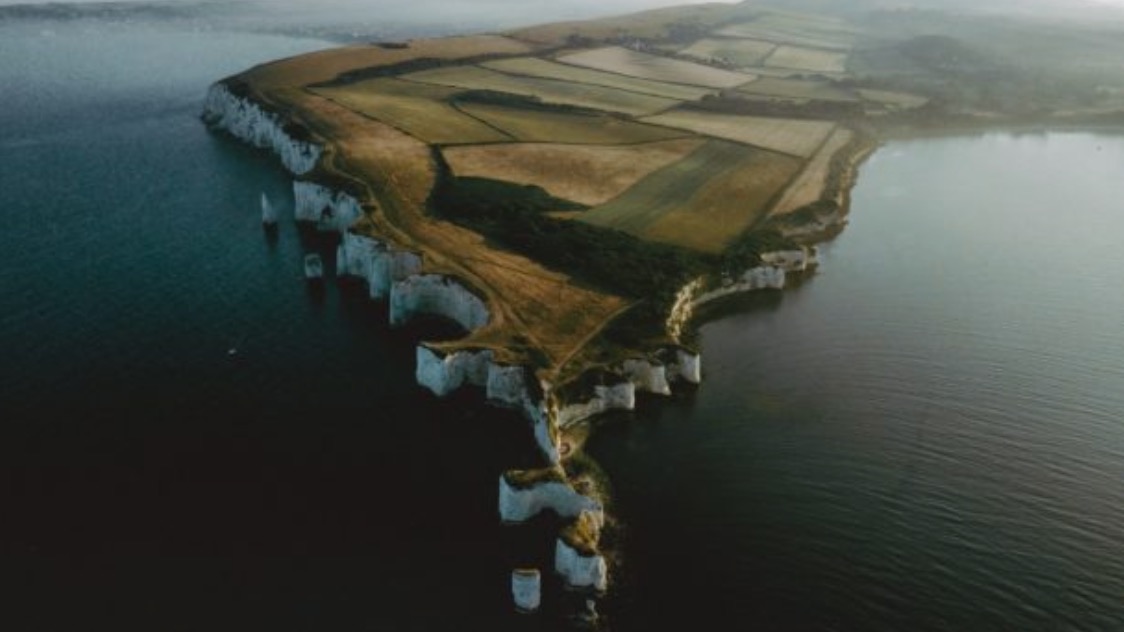World’s first demonstration of satellite backhaul from a 5G standalone network
Thanks to the 5G RuralDorset project two sites in Portland now benefit from both a satellite and terrestrial connectivity.

The 5G RuralDorset project, an award winning, ground-breaking project aimed at understanding how next generation connectivity can help people lead safer and more prosperous lives in rural communities, has achieved a world’s first in demonstrating satellite backhaul from a 5G standalone network.
Connected through a satellite link back to the Satellite Application Catapult’s core network in Westcott, two sites in Portland, Dorset, now benefit from both a satellite and terrestrial connectivity. When one becomes unavailable, the other steps in, providing a resilient and robust connection.
“We have proved that satellites can be integrated successfully within the 5G ecosystem.”
Panos Mystridis, Catapult.
“During this demonstration, we have proved that satellites can be integrated successfully within the 5G ecosystem. By fine tuning the various 5G components the specificities of the satellite links have been addressed, and the Portland radio sites remain connected and continue providing 5G services to end-user device,” said Panos Mystridis, 5G Network Software Engineer at the Catapult.
High network availability
High network availability is particularly important for emergency services and remote regions like Dorset have traditionally had less coverage than more densely populated areas. In some instances, this has caused a digital divide between the connected and non-connected members of the community. But for services like the police, ambulance, and coastguard, maintaining a connection to locate the vulnerable can be the difference between life and death.
Excelerate Technology, world leading telecommunications specialists and close collaborators with the Catapult, supplied the satellite network. Excelerate has been providing connectivity ecosystems that underpin technologies for over twenty years, helping to connect individuals and organisations in areas of low or no coverage.
“Next generation of direct communication between satellite and 5G end user devices.”
Panos Mystridis, Catapult.
“The setup in Dorset is a great starting point for researching more complex and advanced scenarios over the use of satellite networks. Not only is this good for understanding backhaul link characteristics, but it also enables us to look ahead for the next generation of direct communication between satellite and 5G end user devices,” said Panos Mystridis, 5G Network Software Engineer at the Catapult.
“Satellite redundancy is vital for communications in remote areas.”
Bethan Evans, Excelerate.
Bethan Evans, Operations Director for Excelerate, said: “We have been providing connectivity contingency via satellite for many years now, it’s at the heart of everything we do. Levelling up regional economies is very high on the Government agenda and having robust and reliable connectivity needs to be the foundation for that.” “This project further underlines that achieving satellite redundancy is vital for communications in remote areas such as Dorset,” Evans continued.
Get up to speed with 5G, and discover the latest deals, news, and insight!
The 5G RuralDorset project bagged the top spot in three categories at Connected Britain, aims to show how 5G can make Dorset a better place to live, work and visit. The £8 million research and development project will contribute to the understanding of how 5G can be used to address some specific challenges – public safety, economic growth, food production and environmental – as well as create new opportunities in Dorset and rural communities across the UK.
- Why 5G small cells are vital for mmWave 5G
- Get updates on the hottest 5G stocks
- Discover the truth behind 5G dangers
- 5G towers: everything you need to know
Rachael is a British journalist with 17 years experience in the publishing industry. Since launching www.digitalcameraworld.com, she’s been freelancing, and working for some of the world’s best-loved websites and magazines including T3.com and TechRadar.com and has also had a book, iPad for Photographers, published. A regular contributor at 5Gradar, Rachael is following the 5G market closely. Find out more at www.rachaelsharpe.com

